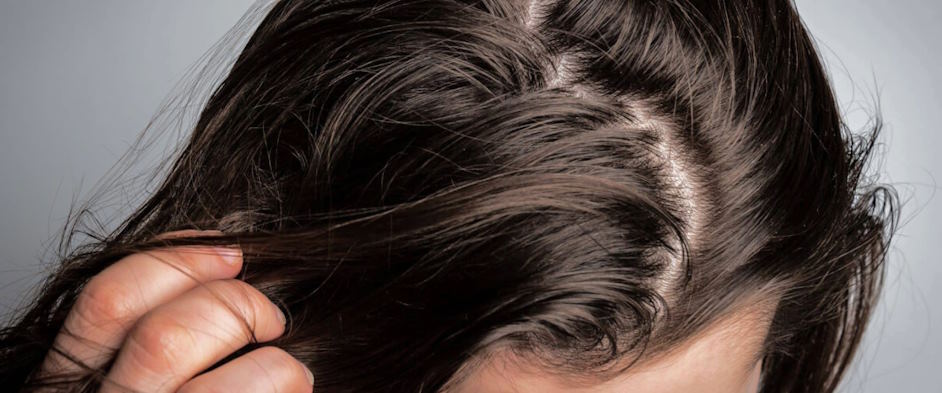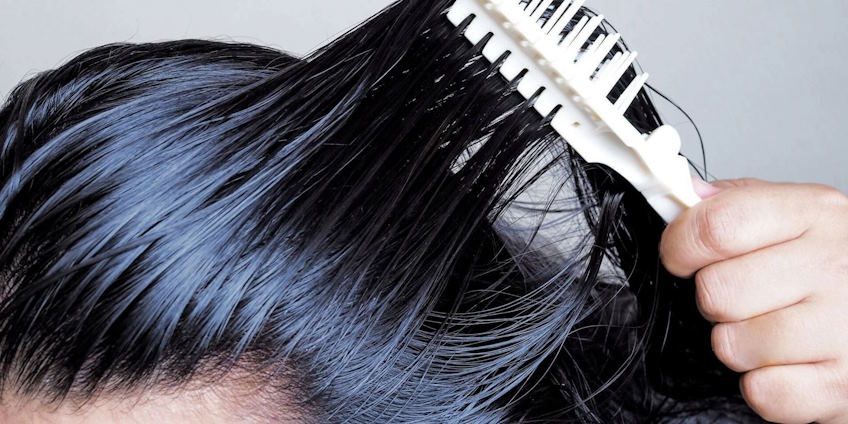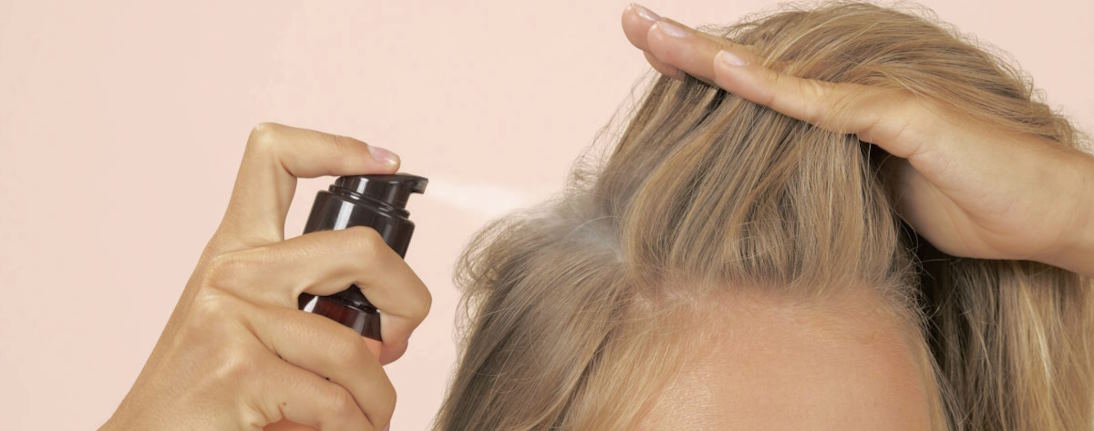It can be a persistent and frustrating issue for many people, impacting their appearance and confidence. Common complaints include the constant struggle with greasy roots, the need for frequent hair washes, and the discomfort of feeling unclean.
What are the reasons for the oily scalp?
An oily scalp often stems from overactive sebaceous glands, which produce excess sebum, a natural oil that lubricates the hair and scalp. Factors like hormonal fluctuations, genetics, and certain medications can trigger increased sebum production. Poor hair care habits, such as infrequent washing or using harsh products, may also contribute to stimulating the glands further. Diet plays a role, too, with high-fat or sugary foods potentially exacerbating oiliness. Environmental factors like humidity can also affect oil production.
Is it difficult to solve this problem?
Solving the discussed problem can vary in difficulty depending on individual factors. For some, finding the right balance of hair care products and routines can effectively manage oiliness. Others may face challenges that require more targeted treatments.

Choose the Right Products
Look for shampoos labeled as “clarifying,” “oil-control,” or “balancing.” These formulations are typically designed to cleanse the scalp thoroughly without stripping it of essential oils. Use lightweight conditioners or those specifically labeled as suitable for oily hair. Apply conditioner mainly to the ends of your hair rather than the scalp to avoid adding excess oil.
Wash Appropriately
Washing your hair too frequently can strip the scalp of its natural oils, prompting it to produce more oil to compensate. Aim to wash your hair every 1-2 days, depending on your scalp’s oiliness and hair type.
Use Gentle Techniques
While shampooing, gently massage your scalp with your fingertips in a circular motion. Avoid using your nails or scrubbing vigorously, which can irritate the scalp and stimulate more oil production. Thoroughly rinse out shampoo and conditioner to ensure no residue is left on the scalp, which can contribute to oiliness.
Seek Professional Advice
Consult a dermatologist or trichologist if over-the-counter solutions do not improve your oily scalp condition. They can evaluate your scalp health, identify underlying causes such as hormonal imbalances or skin conditions, and recommend specialized treatments or medications.




